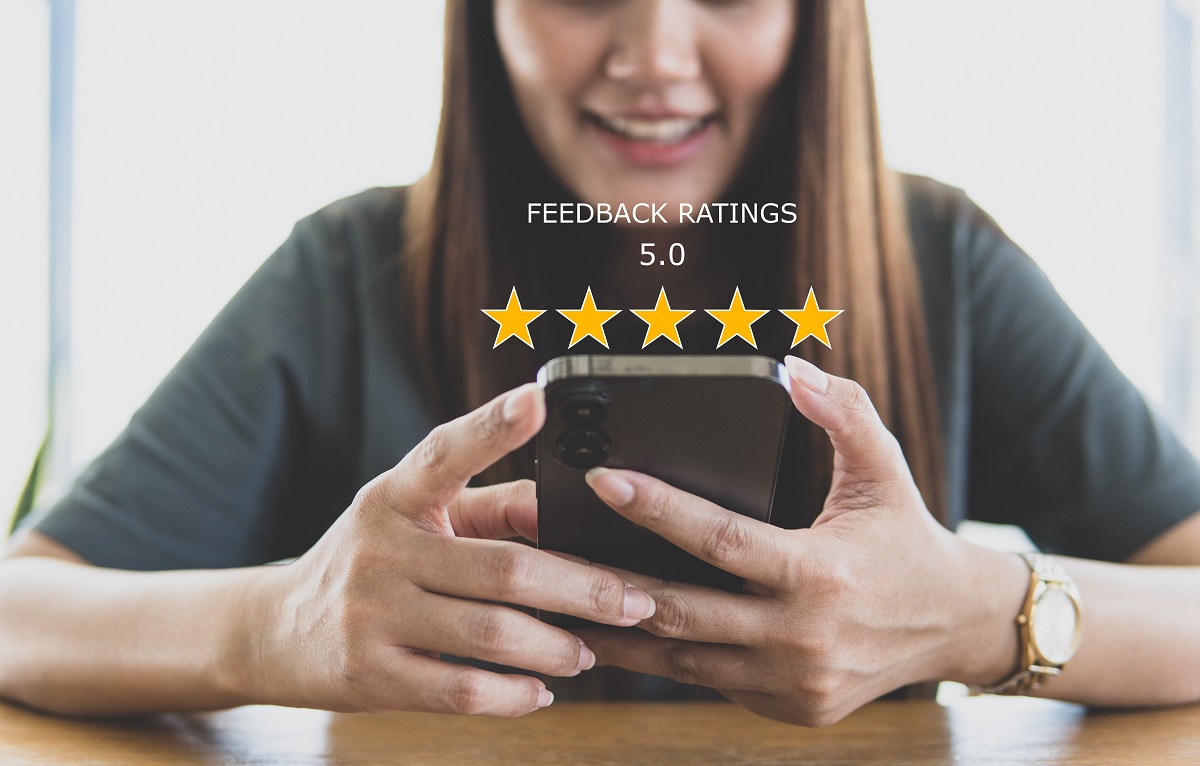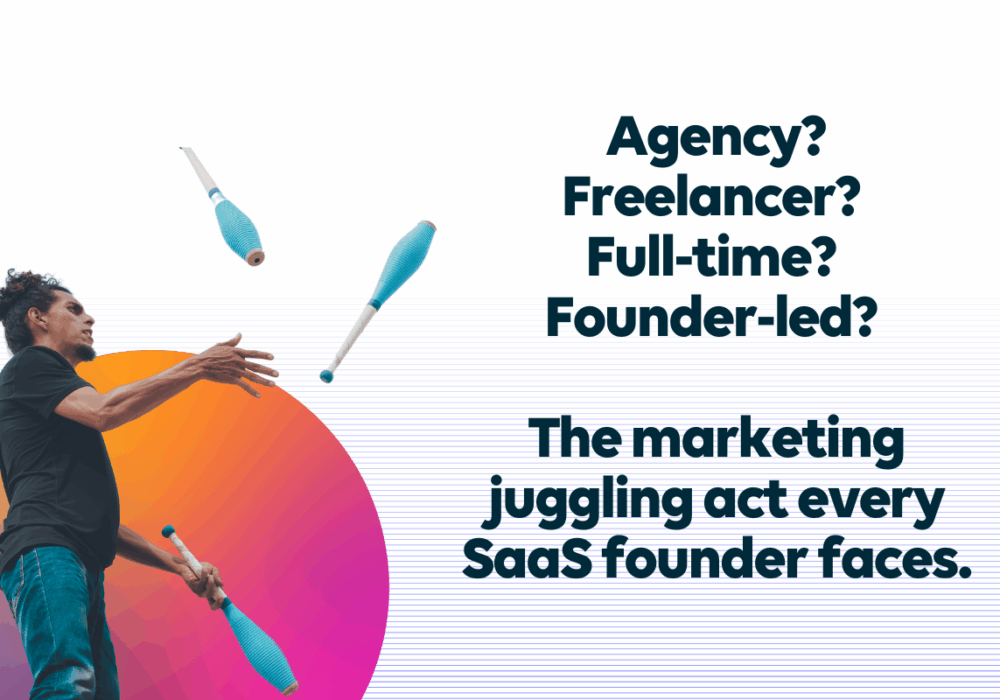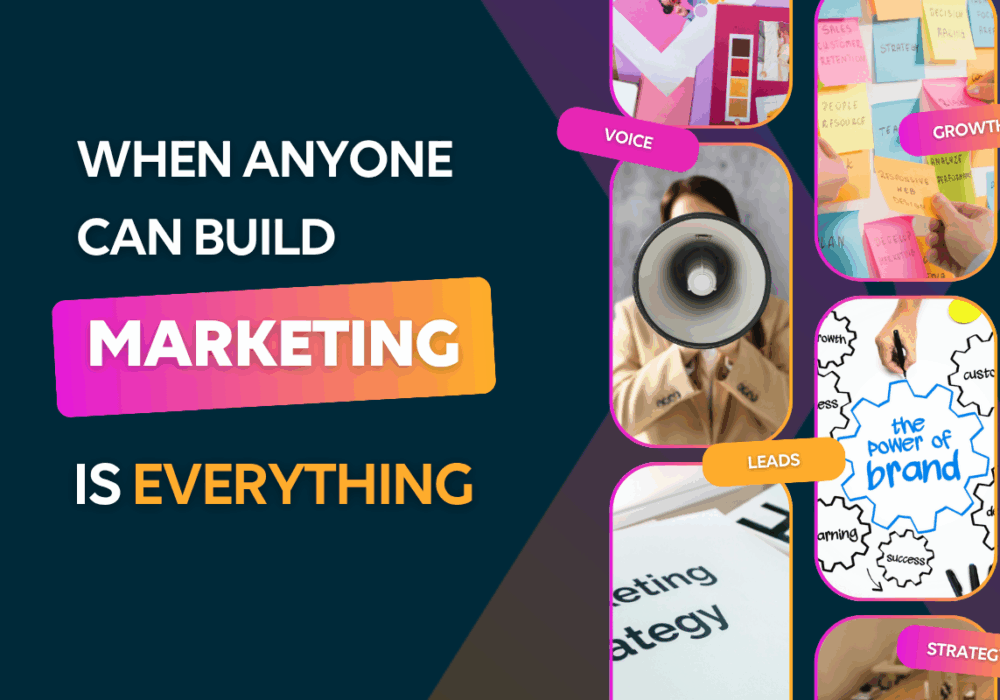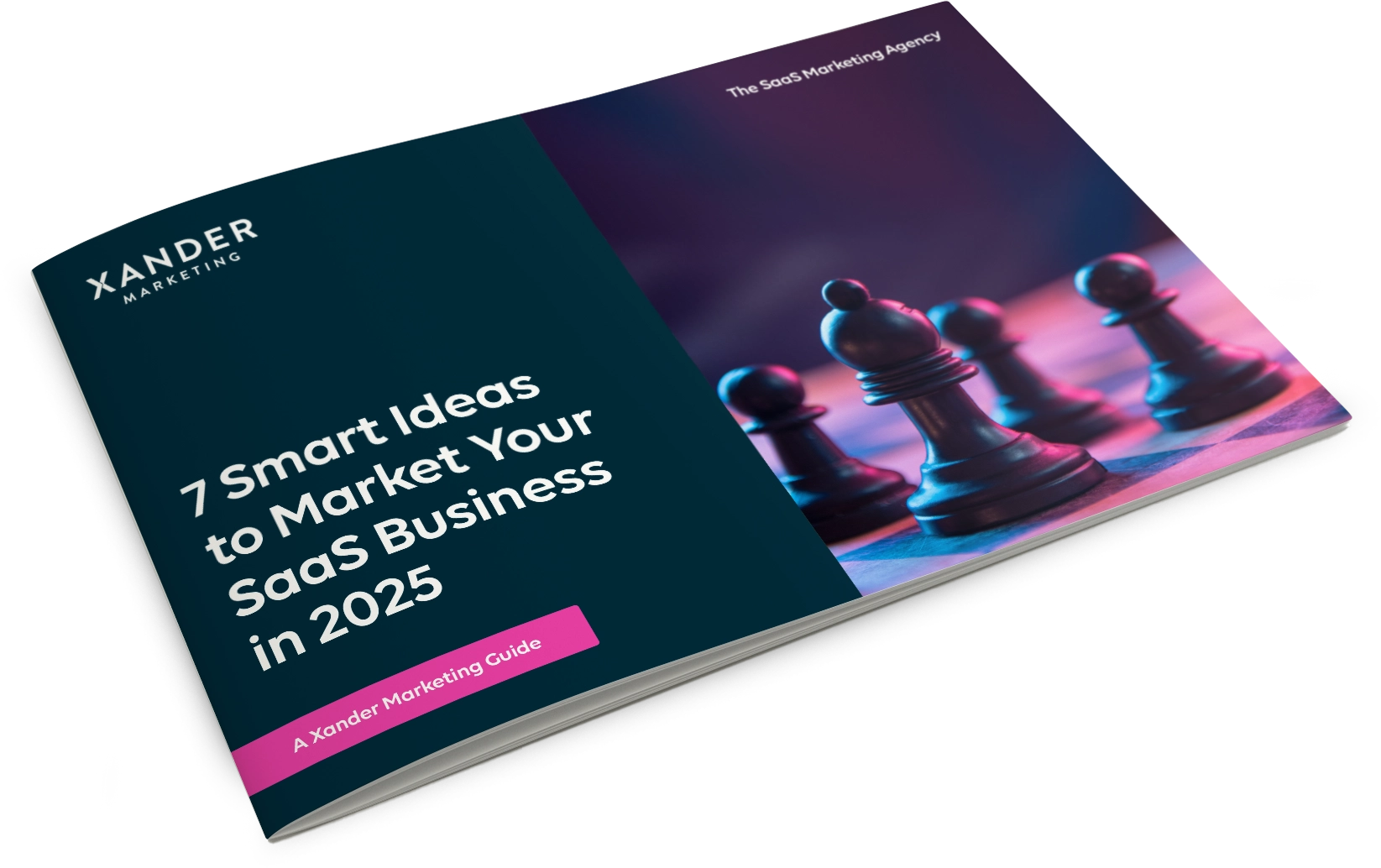Maximising the Impact of Social Proof for Your SaaS Brand
1st March 2023

Did you know that 55% of consumers learn about products through word of mouth? Of these, 40% made purchases based on those recommendations and 28% would rather use word of mouth than any other form of discovery.
It’s clear that in today’s competitive SaaS market, building authentic trust and credibility is critical to the success of your brand. Social proof is one of the most effective ways to establish this critical trust, building on the innate influence that buyers have on one another.
In the B2B space, social proof is about more than just proving that a product is popular. Potential customers are often looking for evidence that your SaaS product can deliver real business results. It’s important to encourage social proof that demonstrates the impact of your product on a company’s bottom line.
Read on to explore how you can maximise the impact of social proof for your SaaS brand, including strategies for word-of-mouth marketing across your own site, social media, and external platforms.
Share social proof on your SaaS website
What’s the first thing you do after reading the product description of a great new SaaS product? If you’re anything like 86% of B2B buyers, it’s looking for reviews.
Make sure your potential customers can engage with other users’ experiences without even leaving your site. Sharing social proof on your SaaS website can help you build trust and credibility by demonstrating that you’re happy to have authentic reviews and testimonials feature alongside your own marketing copy.
Sharing social proof on your website can also improve your search engine rankings. Search engines like Google prioritise fresh and relevant content, and user-generated content such as reviews and testimonials can help improve your website’s relevance and authority.
Statistics
Let’s face it, a lot of purchasing decisions in the SaaS space come down to numbers. By providing concrete data that supports the effectiveness of your SaaS product or service, you can demonstrate your brand’s expertise and authority in your industry.
Make sure your statistics are front and centre, allowing potential customers to assess your impact on businesses like theirs. Consider including statements on your landing pages such as “we’ve helped 1,000+ businesses” and “with 50 million downloads in the last year…” to emphasise your product’s popularity.
This is also the place to flash any credentials that will be relevant to your audience. Add logos for your security accreditations such as ISO and SOC 2 compliance, and any industry trade bodies you belong to. This will give your brand a greater sense of authority, and your potential customers greater peace of mind.
Testimonials
Testimonials are a powerful form of social proof, going beyond a quick review and cutting to the core of how your product speaks to real-world pain points. When a business shares their positive experience with your SaaS product, it can provide a tipping point for purchasing decisions.
You can gather testimonials from long-standing and satisfied customers by emailing them a survey asking questions about the problem your product solved for them, and their experience using your product. Be sure to elicit specific details, as these are often more persuasive than more abstract praise.
It’s important to choose which testimonials to feature on your site carefully. Look to strike a balance between relevance and diversity. Showcasing testimonials from different types of customers and businesses can demonstrate the broad appeal of your SaaS product or service – but if you’re looking to engage with a particular type of business, choose testimonials from that segment.
Consider using video testimonials. These can be more engaging than written reviews, helping potential customers connect with your brand on a personal level. You can film video testimonials on your own premises when customers come in for meetings, or ask customers to film their own for a more authentic look.
Don’t shy away from displaying the company logos of businesses you’ve benefitted. Sometimes all it takes is a familiar logo to convince a customer that your SaaS product is used by the best of the best.
Case Studies
Case studies are an ideal form of social proof for B2B businesses, helping potential customers to understand how a SaaS product or service can solve their specific problems. Case studies shine particularly when promoting your bespoke offerings or customer service, as they allow you to tell a story of how an issue was resolved.
Case studies aren’t going anywhere, with 37% of marketers planning to use them in their marketing strategy for the first time in 2023.
When it comes to writing your own case studies, focus on the customer’s problem to elicit an emotional response. Start by describing a customer’s relatable pain point and how it impacted their business.
Next, explain how your SaaS product or service helped the customer solve their problem and achieve their goals. Include specific metrics such as ROI or cost savings. This can help demonstrate the measurable impact of your SaaS product or service on a real business, giving similar businesses a framework to base their decisions on.
Encourage social proof on external sites
Featuring reviews on your own website is an excellent start, but it’s not sufficient to convince customers to purchase your product. Only one in five consumers say they fully trust the reviews on brands’ websites, while 70% say that they “somewhat” trust them.
Those customers are likely to use external websites to help them finalise their decisions, looking for authentic and unbiased reviews across a variety of websites. Encouraging these reviews can benefit your bottom line, as customers are more likely to buy from a brand with more information available about it across the web.
Additionally, social proof on external sites and social platforms can help you reach a wider audience and increase brand awareness. When people see positive reviews or social media posts about your SaaS product or service, they may be more likely to check out your website or follow your social media accounts.
Reviews
Websites such as Trustpilot and Capterra are built around helping potential buyers quickly access a diverse range of reviews so they can make an informed decision.
These websites rely on unbiased reviews, so there’s always a chance you’ll find some negative comments amongst the positive write-ups. It can be tempting to try and edit some of these out, but authenticity is key to building trust. After all, 62% of consumers state that they would stop supporting a brand that censored reviews.
Instead, celebrate the good and respond to the bad, making customers feel heard and seen, and demonstrating a willingness to engage with suggestions and learn from issues. Trustpilot and Capterra both make it easy for you to comment on customer reviews, thanking them for their input.
In order to gain a large number of reviews, you need to make it easy and compelling for customers to leave one. Include links to review sites on your website and in your email signature, and consider incentivising reviews with a discount code or entry in a prize draw.
Show that you’re aware and proud of your positive reviews featuring them on your website, email marketing campaigns, and social media. A statement such as “A thousand five-star reviews on Trustpilot” speaks volumes about your product’s quality.
Press Coverage
Press coverage can be a valuable form of social proof. When journalists and influencers write about your SaaS product or service, it can help build credibility and authority in the eyes of potential customers.
Additionally, press coverage can increase brand awareness and generate leads by exposing your SaaS brand to a wider audience. Someone reading an article listing top software solutions for a particular problem may learn of your brand for the first time there and click through to your website for more information.
Outreach is key when it comes to getting your brand name in the right publications. By proactively pitching your story to journalists or responding to media requests, you can increase your chances of getting press coverage. Make a list of websites you’d like to be featured on, and email their editors with any information about new product releases or updates.
When you do get featured, make sure to upcycle your content. Share your press coverage on your website, in email marketing, and across your social media. This can help you reach a wider audience and demonstrate your brand’s credibility. Consider creating a dedicated page on your website to showcase your press coverage.
Influencer Outreach
Influencer marketing is an increasingly popular and powerful way to build social proof for your SaaS brand. By partnering with social media influencers or thought leaders in your industry, you can leverage their audience and credibility to promote your SaaS product or service.
Influencer marketing can also help you tap into niche markets or demographics that may be difficult to reach through traditional marketing channels.
This kind of strategy has gone from strength to strength over the last decade, with 50% of Millennials trusting product recommendations from influencers while 33% of Gen Z-ers have bought a product based on an influencer review in the last 3 months.
If you’re getting started with influencer marketing, it’s critical to choose influencers that align with your brand and target audience. Follow potential influencers on social media before reaching out, and keep an eye on their interactions and how they express their values.
When you’re ready to reach out, make sure you provide value to the influencer. This could be a free or discounted product to review, or a personal code to use on your site going forward. Influencers are unlikely to promote your SaaS product or service if they don’t see the value in it themselves.
It’s important to track and analyse the results of your influencer marketing campaigns. By monitoring metrics such as engagement rates, click-through rates, and conversions, you can assess the effectiveness of your campaigns and make adjustments as needed.
Social Media
Social media is awash with sponsored ads – but in order to generate truly authentic content that boosts your social proof, you need to consider user-generated content.
Consumers rank user-generated content as the most trustworthy form of content. By encouraging your customers to share their positive experiences with your SaaS product or service on social media, you can share content that demonstrates the popularity and effectiveness of your SaaS brand.
Start by sharing users’ own photos and videos of your product. This will give potential buyers a trove of real-world examples of your product being used. Make sure to tag and thank the original creator each time you share a post.
Engaging with your followers on social media is also key to leveraging social proof, helping you build trusting relationships with your customers and demonstrating your brand’s authenticity. Dedicate some time each day to answering questions and responding to comments on social media via your brand’s official handle.
Fine tune your social proof with Xander Marketing
Maximising the impact of social proof is critical to the authority and authenticity of your SaaS brand. Setting up the perfect combination of social proof on your own site and across the web can be daunting, but Xander Marketing can help you achieve this goal.
Xander Marketing has years of experience in creating effective social proof campaigns for SaaS brands, and can help you implement marketing strategies in a way that’s tailored to your unique business needs.
With Xander Marketing as your partner, you can take your SaaS brand to the next level and achieve the growth you’ve been striving for.
Ready to find out more? Get started with your free 30 minute consultation.





